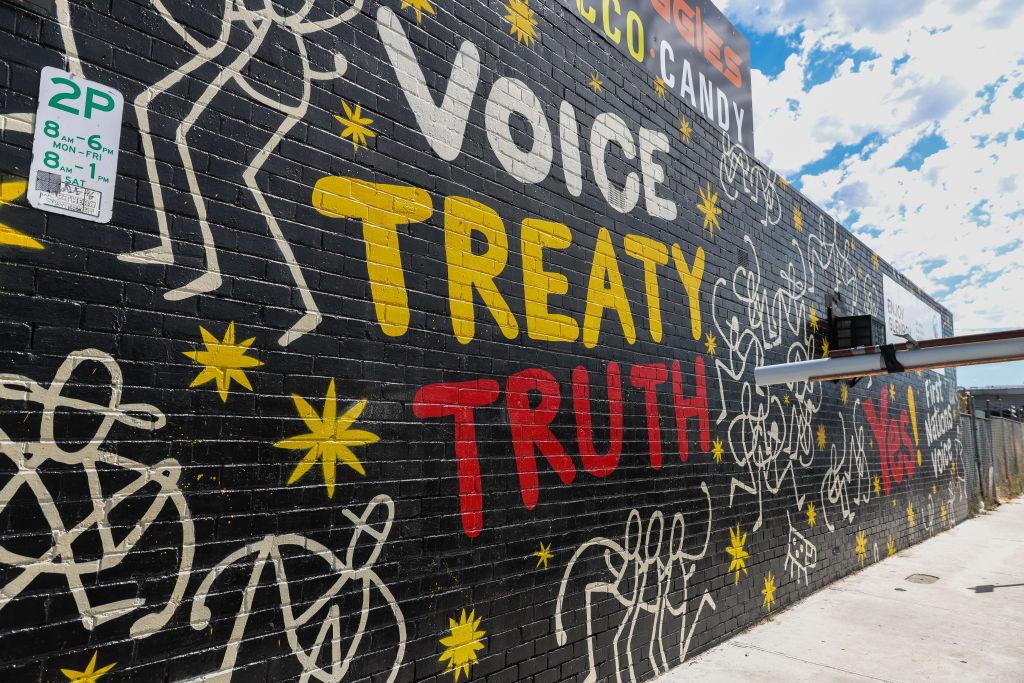Commentary
It would be an exaggeration to describe The Voice referendum as Australia’s nadir moment. But Australia has certainly avoided—at least for now—becoming a country divided by race.

It would be an exaggeration to describe The Voice referendum as Australia’s nadir moment. But Australia has certainly avoided—at least for now—becoming a country divided by race.